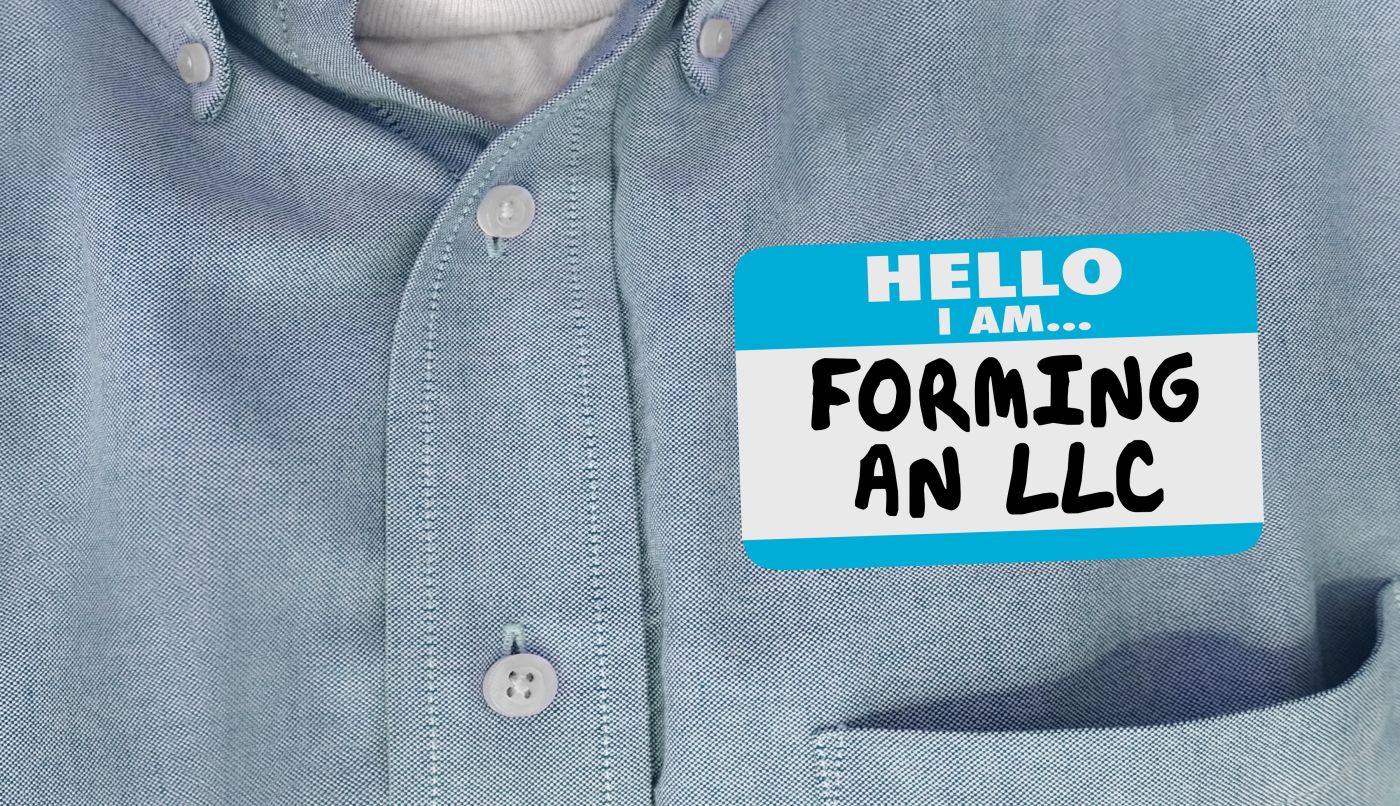A joint trust can be structured so that when one spouse passes away, the trust is split into two sub-trusts: a survivor’s trust and a decedent’s trust.
BLOG
Estate Planning
What the Last Surviving Spouse Rule Means for Estate Taxes
40% estate tax could apply to gifts over approximately $6.4 million come 2026. Many families with high net worth will need to reevaluate their estate plans and adjust strategies to preserve their property and investments. One strategy is to take advantage of the deceased spousal unused exclusion amount (DSUEA)
Should You Share Your Estate Planning Details With Loved Ones?
There are both advantages and disadvantages to revealing information in your estate plan. You can choose to communicate specific details or offer a broader explanation to everyone involved.
Does a Trustee Have Authority to Sell Assets?
When administering a trust, the trustee might encounter situations in which they need to convert trust assets into cash to provide liquidity to the trust. This could mean selling stocks, bonds, real estate, or other high-value assets to generate funds. Though this decision must be based on prudent investor rules or standards and be in the best interest of the beneficiaries, trustees generally don't need beneficiary approval to liquidate or sell trust property.
What Items to Include in Your Estate Plan
When you start the estate planning process, your attorney will likely ask you about your bank accounts, life insurance, and house. But, you may also want to address what happens to your personal property (i.e. your 'stuff'). When deciding what items to explicitly mention in your estate plan, ask yourself the following questions: Does this item have monetary or sentimental value? Will someone want this? How does this item fit into my overall estate plan?
How the Corporate Transparency Act May Impact Your Estate Plan
A new law called the Corporate Transparency Act (CTA) goes into effect on January 1, 2024. Under this law, owners of certain business entities must file a specific report with the federal government. In it, they must include details about the ownership of their entity...If you have an entity (corporation, LLC, family limited partnership, etc.) as part of your existing estate plan, read on for important information about how to comply with this new law.
Can Artificial Intelligence Write Estate Planning Documents?
While some AI programs can generate basic estate planning documents, such as wills, there's no guarantee they'll be accurate, valid, or enforceable. Providing detailed information and executing the documents in compliance with state law is critical.
How Far in Advance Can I Begin My Estate Planning?
Competent adults can create their estate plans at any time, but you may want to start the process sooner rather than later. You never know when life-changing medical or financial emergencies can happen. A sound estate plan ensures that your wishes are known.
Estate Planning for Expatriates
If you're looking to move overseas, taxation and estate planning issues need to be considered. Escaping Uncle Sam is not as easy as hopping on a plane to a far-flung location. Americans living overseas retain financial obligations to the US government. Expatriates who live and own assets in more than one country need an estate plan that reflects their international life.
Navigating Titles for Co-Owners
Purchasing a property with other people can help a buyer lower their individual costs while building equity. But, going in on a house together can also create trouble spots, including survivorship and inheritance issues.










